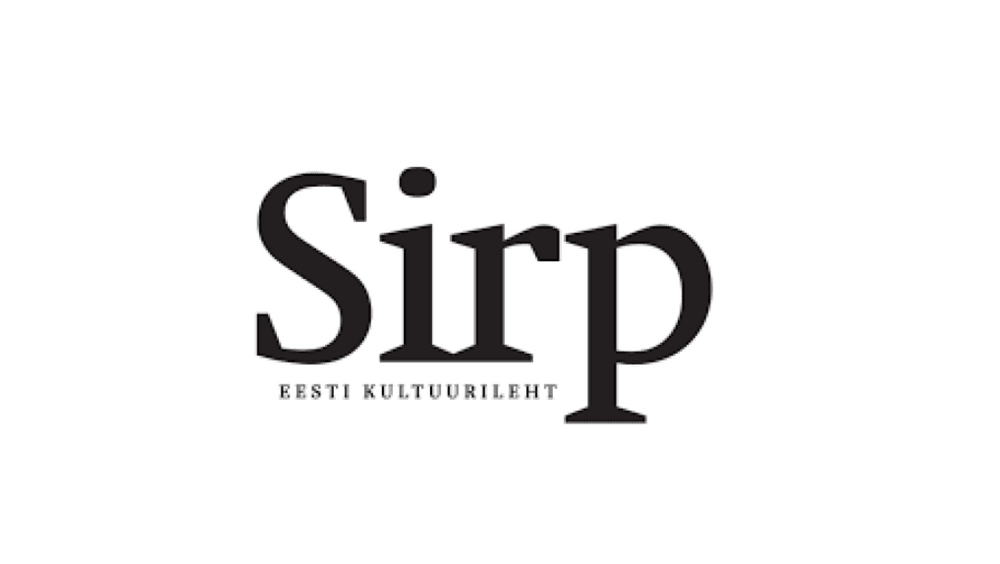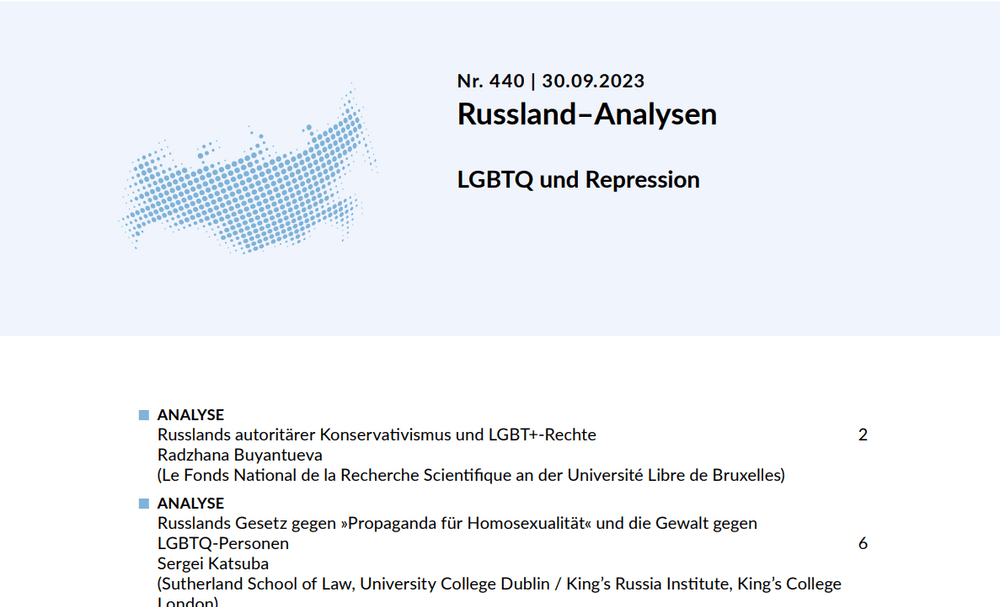Dr. Dovilė Sagatienė gave an interview on the role of European Court of Human Rights in the field of the Baltic memory for the Lithuanian national media outlet LRT.LT.
Dr. Dovilė Sagatienė on the occasion of the Soviet mass deportations in June 1940, was interviewed about the perspectives of historical justice for the Soviet victims in the Baltics.
The text in Lithuanian here.



